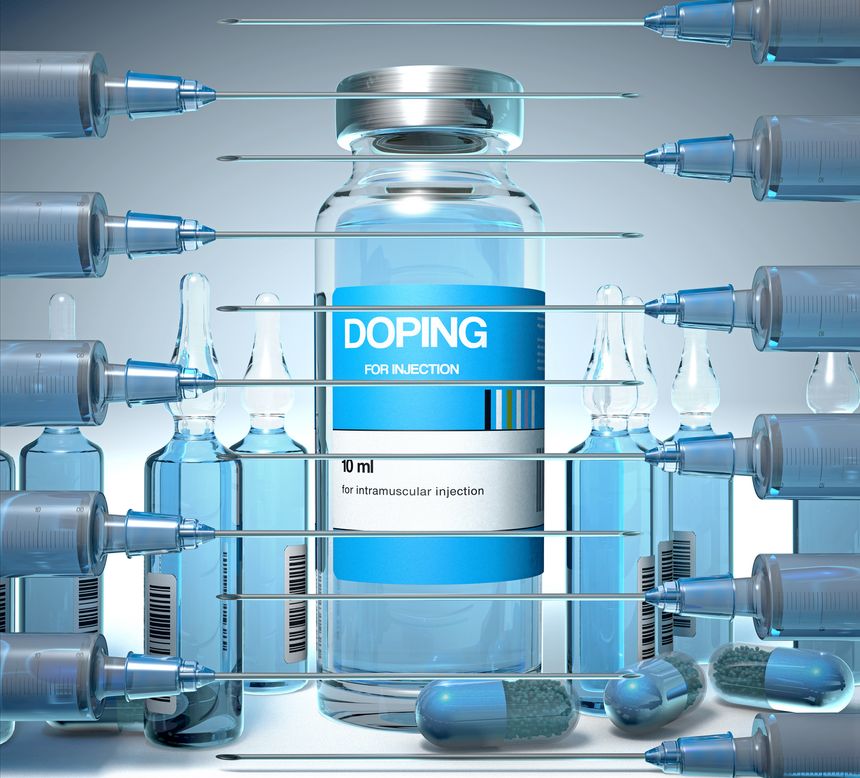The simmering feud between the United States Anti-Doping Agency (USADA) and the World Anti-Doping Agency (WADA) erupted again in October 2025 as both organisations traded accusations over governance, transparency and the future of anti-doping enforcement.
On 31 October, WADA President Witold Bańka, a Polish former 400 metre sprinter turned politician, urged USADA to join a global effort to stop the Enhanced Games, the controversial event scheduled for May 2026 that permits athletes to use performance-enhancing drugs under medical supervision. Bańka described the concept as “very dangerous” and emphasised, “for the sake of athlete health and the purity of sport, it must be stopped,” when urging coordinated action to prevent the Enhance Games from taking place.
USADA CEO Travis Tygart, best known for his role in exposing Lance Armstrong's massive doping operation, responded with a scathing statement, accusing WADA of using the Enhanced Games as a distraction from its own failures. Tygart pointed to WADA’s handling of the Chinese swimmer doping scandal, which remains the most damaging episode in the agency’s recent history, as he reiterated USADA’s support for the U.S. government’s decision to withhold its £2.8 million annual contribution to WADA until meaningful reforms are implemented.
The roots of this dispute trace back to early 2021, when 23 Chinese swimmers tested positive for trimetazidine, a banned heart medication that would reduce oxygen demand and improve recovery for athletes, during a training camp in Guangzhou. The Chinese Anti-Doping Agency ruled the positives were caused by food contamination, and WADA accepted this explanation without launching an independent investigation. As a result, the athletes competed at the delayed Tokyo Olympics, where several won medals. The case remained secret until April 2024, when investigations by the New York Times and German broadcaster ARD exposed the cover-up. The revelations sparked outrage among athletes and lawmakers, leading to congressional hearings and bipartisan calls for WADA to submit to an independent audit. Critics argue that WADA’s decision undermined its credibility and raised questions about political influence in anti-doping enforcement. WADA has consistently defended its actions, citing contamination precedents and commissioning an independent review that cleared it of wrongdoing. However, WADA’s recent launch of “Operation Puncture”, to trace the source of the leak, has also been criticised as an attempt to protect its reputation rather than address systemic flaws.
The October 2025 clash was not just another exchange of statements. It coincided with WADA’s announcement of governance reforms aimed at restoring trust and persuading the U.S. to resume funding. USADA dismissed these changes as cosmetic, insisting on structural independence and greater athlete representation. This deadlock threatens to fracture the global anti-doping system, which relies on WADA’s authority to enforce uniform standards across Olympic sports. The timing of this dispute is significant because the Enhanced Games thrive on the perception that traditional anti-doping bodies are divided and outdated. By openly permitting enhancement under medical supervision, and offering prize money of up to £370,000 per event and £1 million for breaking a word record, the Enhanced Games position themselves as a radical alternative to WADA’s model. If USADA and WADA remain locked in conflict, the event could gain legitimacy as a symbol of athlete autonomy and scientific progress. In the background of this dispute, Megan Romano, the first female and first American swimmer to join the Enhanced Games, signed up as a four-time World Champion, along with Mouhamadou Fall, a recent French national champion sprinter (currently serving a doping ban), underscoring how the Enhanced Games is still attracting athletes amid the growing fractures in the traditional anti-doping system.
The WADA/USADA October exchange underscored a fundamental crisis in global sport governance. WADA’s struggle to defend its credibility after the Chinese swimmer scandal, combined with USADA’s uncompromising demands for reform, has created a vacuum that the Enhanced Games are eager to fill. Whether this leads to a fragmented regulatory landscape or forces a reckoning within WADA will shape the future of competitive sport.


/Passle/5cc80bfbabdfe80ea0d70502/SearchServiceImages/2026-02-20-15-06-55-200-6998788f842a7bc7f01dba28.jpg)
/Passle/5cc80bfbabdfe80ea0d70502/SearchServiceImages/2026-02-20-12-51-28-433-699858d0b51a6f81f2e99a1b.jpg)
/Passle/5cc80bfbabdfe80ea0d70502/SearchServiceImages/2026-02-20-15-33-38-452-69987ed202281bf41bf9b20b.jpg)